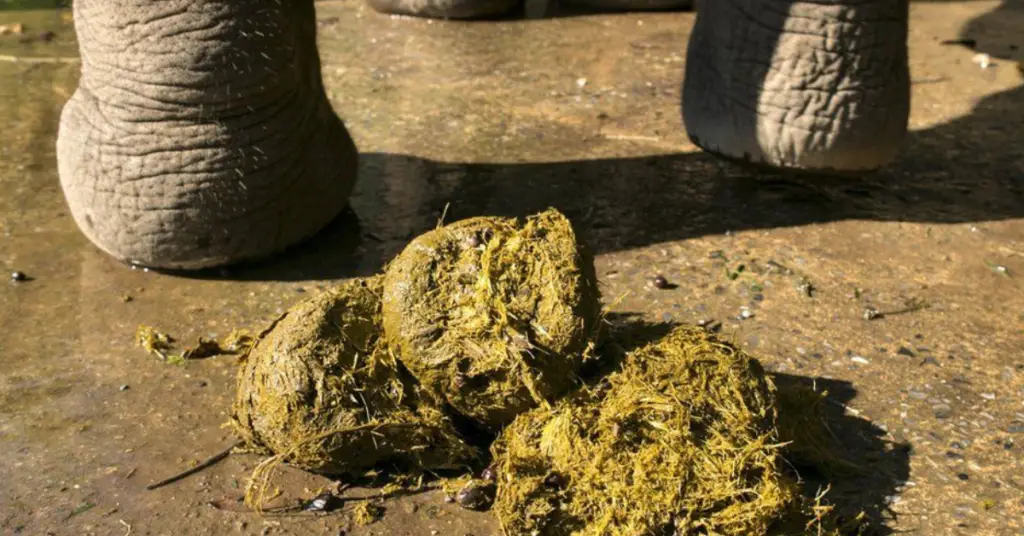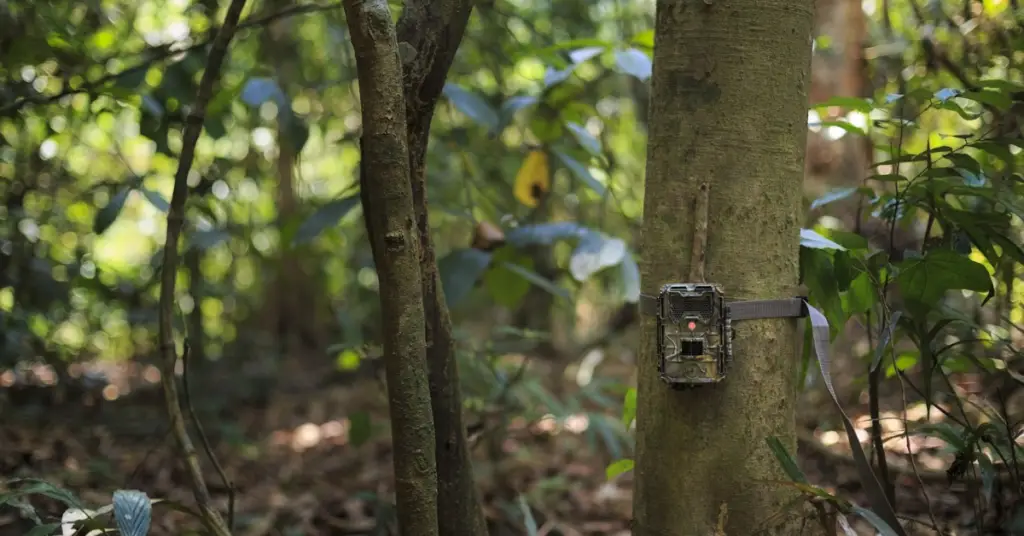ECOLOGY
Ecology is the scientific study of the relationships and interactions between biotic factors, such as species, populations, and communities, and abiotic factors, such as climate, soil, and light, within ecosystems. It examines the ecological niche of each species, their population dynamics, and how they adapt to their environment through ecological succession. The field of ecology is crucial for understanding ecosystem services, including provisioning, regulating, and cultural services, which are essential for maintaining ecological balance and avoiding habitat destruction and species extinction.
In community ecology, researchers investigate the complex interactions between species, including symbiosis, mutualism, commensalism, and parasitism, as well as predation and the structure of food webs. They also explore the carrying capacity of ecosystems and how they respond to disturbances, such as ecosystem engineering.
Ecological indicators and modeling are used to monitor ecosystem health and predict the impacts of environmental changes. Ecological research and theory are essential for informing conservation biology and environmental science, and for developing effective strategies for preserving biodiversity.
Subfields of ecology include systems ecology, landscape ecology, freshwater ecology, marine ecology, terrestrial ecology, microbial ecology, molecular ecology, evolutionary ecology, behavioral ecology, chemical ecology, and physiological ecology, each of which provides a unique perspective on the complex relationships within ecosystems.




